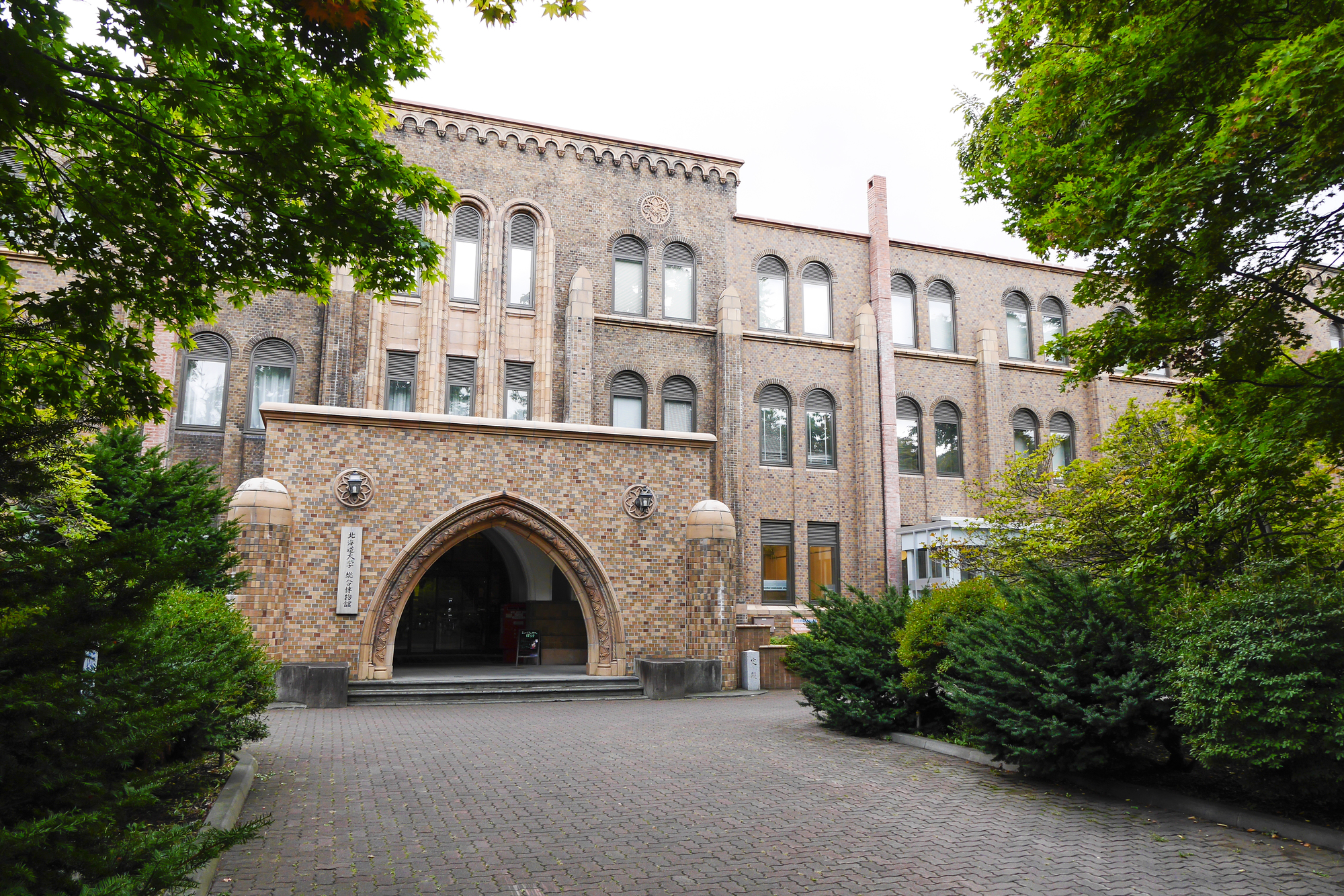Due to global warming, the area of summer sea ice in the Arctic Ocean has halved in the last 40 years.Akihiko Kashiwase, a researcher at the National Institute of Polar Research, and Keiichiro Oshima, a professor at the Institute of Low Temperature Science, Hokkaido University, revealed that this decrease in sea ice area is partly due to the effect called "sea ice-ocean albedo feedback." bottom.
The Arctic Ocean used to be a perennial ice region covered with sea ice all year round, but now it is shifting to a seasonal sea ice region where sea ice disappears in the summer. In September 2012, observations by artificial satellites revealed that the area of sea ice was the smallest ever. It is predicted that the summer sea ice will almost disappear around 9.
Several factors have been pointed out for the drastic decrease in sea ice, but this time, analysis of sea ice data by satellite observation revealed that sea ice-ocean albedo feedback is an important factor.The reflectance (albedo) to solar radiation is smaller on the black open surface than on the white sea ice surface.Once the water opening (open surface: the part where the surrounding area is covered with ice and the water surface is visible) spreads in the sea ice area, the sea ice melts due to the heat absorbed by the solar radiation absorbed from the open surface.It further widens the open surface and accelerates the melting of sea ice.This is sea ice-ocean albedo feedback.
If the amount of sea ice released (the rate at which the sea ice moves in the direction of spreading) is large at the initial stage of melting, this feedback works effectively and melting proceeds. Since the 2000s, the decrease in thick and hard-to-move sea ice such as perennial ice has increased the amount of divergence, making it easier for feedback to work, which is thought to be one of the causes of the drastic decrease in sea ice.
It is expected that the results of this research will lead to the practical application of seasonal sea ice forecasts and the evaluation of the impact of feedback effects on the global climate.
Paper information:[Scientific Reports] Evidence for ice-ocean albedo feedback in the Arctic Ocean shifting to a seasonal ice zone

